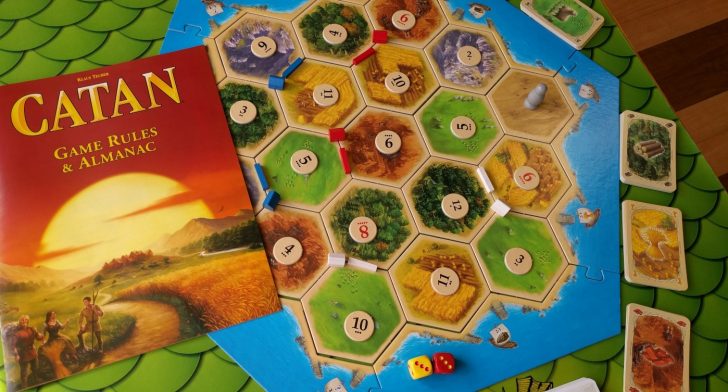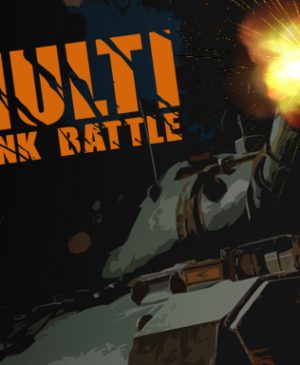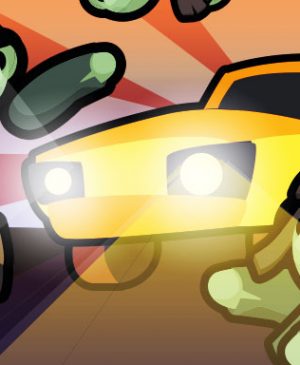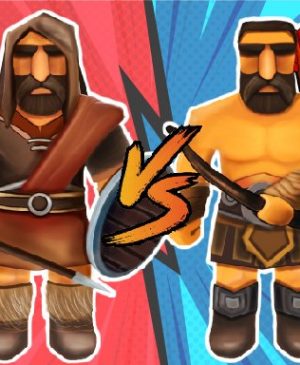The Settlers of Catan is a board game for three to four players that takes about two hours to play. This article will help you review everything you need to know to play the game and understand the rules, without feeling too overwhelmed. It will give brief explanations of game concepts, and offer tips and tricks that might come in handy during an actual game.
Explaining how to play Catan
Catan is a board game that is played by rolling two dice, and placing the number of land tiles on the board according to the roll.
The land tiles can be settlements, roads, resources, or development cards. Players can either trade with other players for resources, or compete with other players to gather more of them.
The Catan cards are played in one turn, and there are different card types. The soldier cards can be used to defeat other players’ soldiers, or to build a settlement. The development cards allow players to earn extra points for each resource; the number of points is determined by the type of card: roads are worth one point per tile, settlements are worth one point per tile plus two points for any city and trade good type tiles, and cities are worth six points each.
The “big three” cards are: the development card that gives you two victory points but only if you have a city, the knight card that allows you to steal one resource of your choice from another player, and the robber card that allows you to steal a resource from any player (regardless of whether they have a settlement). Also, there are two types of development cards; good ones give resources or victory points and bad ones cost you victory points.
At the end of each turn, each player has the opportunity to buy one card. This is done by discarding a hand of cards and receiving a new hand of equal size, but only paying for the most expensive card in your hand. The high price of these development cards makes them a tempting target for other players, who can steal from you by using the knight card.
At the end of a turn, if a player has 10 points in each category (e.g., knights and sheep), then they win.





















Leave a Reply